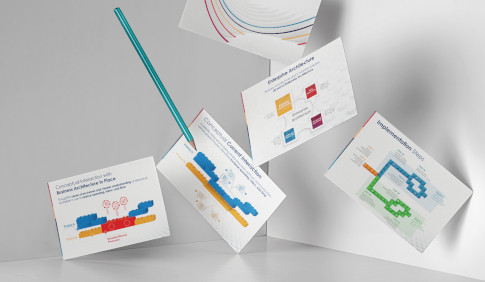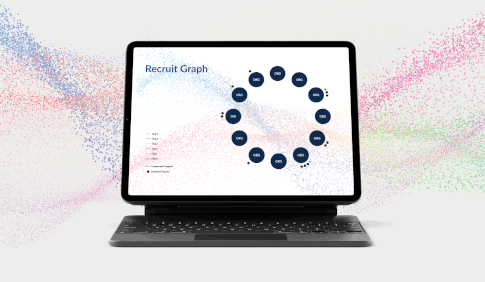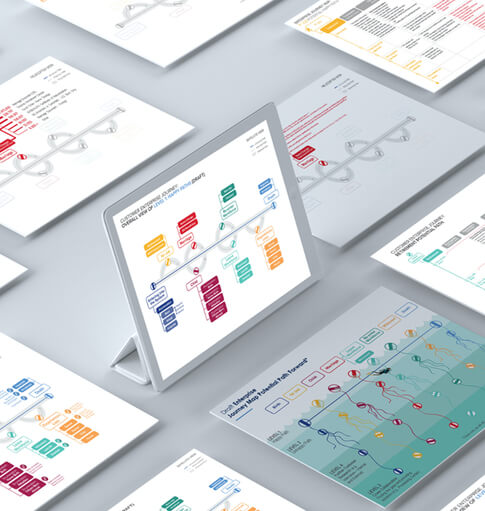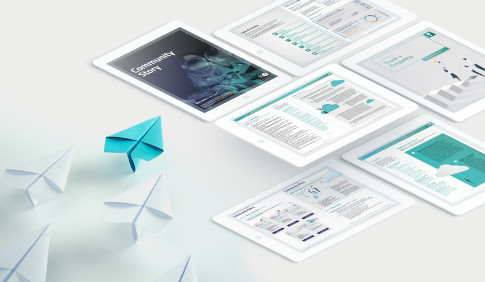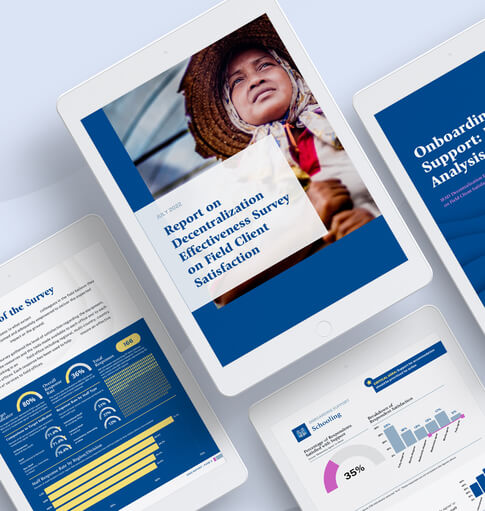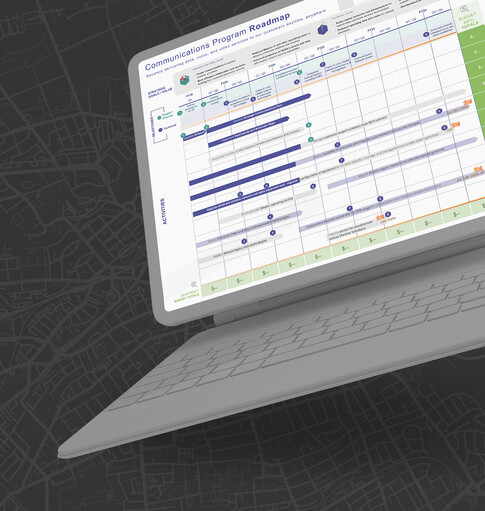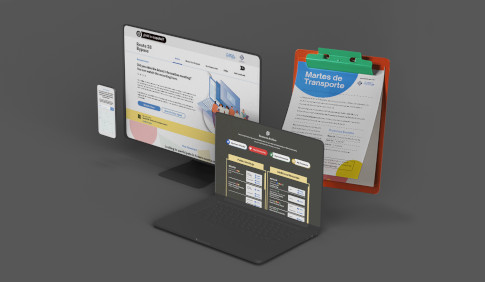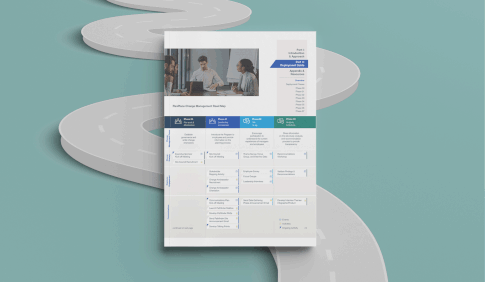We’re all familiar with the term IQ — it’s what we think of when measuring intelligence. But did you know many of us have a hidden superpower — a different kind of intelligence? It’s called EQ, a term you may be less familiar with but one that is no less important – especially in the workplace. Below, Consultant Jessica Graves provides insight into EQ — or Emotional Intelligence — and explains how The Clearing weaves it into our work to drive better client and customer outcomes.

At its core, EQ is developing awareness of oneself and others, in the same way traditional intelligence (IQ) grows and evolves. Daniel Goleman, known as the “father of emotional intelligence”, defines it as “a different way of being smart.” He emphasizes that EQ is essential for high performance, particularly in leadership, as it reflects how individuals manage themselves and their relationships with others.
In practical terms, it involves understanding one’s emotional landscape and recognizing the emotions of others to respond appropriately and empathetically. To learn more, we recommend reading Goleman’s pioneering book, Emotional Intelligence: Why It Can Matter More Than IQ, which brought attention to the importance of emotional and social skills in achieving success.

While EQ is often considered subjective, some organizations have developed methods to measure it. These measurements may provide insight into an individual’s emotional intelligence. Since EQ constantly develops, we recommend nurturing it through continuous development, self-reflection, and constructive feedback. For our federal audience, the Office of Personnel Management (OPM) offers two measurement vehicles.
- Objective Assessments. These involve administering a set of questions to individuals. Scoring of the correctness of their responses is based on expert judgment (expert scoring) or consensus among a large number of people (consensus scoring).
- Self-Report Measures. Individuals answer questions to assess their perceived level of EQ. While insightful, this approach can have limitations, as it measures one’s perception rather than an objective value

As noted above, measuring EQ can be difficult. However, that’s not to say it’s unobservable. An individual with high EQ typically demonstrates behaviors that reflect self-awareness, emotional management, empathy, and strong relationship skills. In practice, EQ becomes most visible in high-pressure situations where emotions can cloud judgment. Let’s take a look at how each component may come to life for someone with high EQ.
- Self-Awareness. Recognizing when you are not at your best and understanding how stress from personal matters, such as a recent argument, may influence your interactions at work.
- Managing Emotions. Applying techniques like mindful breathing to regulate emotions during intense moments. This practice helps shift from reactive to thoughtful decision-making.
- Empathy. Listening actively during conversations and sensing underlying emotions, which enables better support and connection.
- Relationship Management. Facilitating discussions and providing feedback that encourages growth and collaboration, especially as a supervisor or serving in a managerial role.

EQ is an essential part of The Clearing’s people-first approach to consulting. It equips our teams with the tools to build meaningful relationships, navigate complex situations, and foster environments of psychological safety.
But how do we cultivate emotional intelligence? By weaving it into our philosophy and emphasizing the development of EQ as a foundational skill for our consultants. It’s an approach that encourages understanding clients’ and colleagues’ needs and nurturing open-mindedness, productivity, and compassion in all engagements.
To do so, we use Daniel Goleman’s model as our guide, understanding EQ in four domains.
- Self-Awareness, or knowing oneself
- Self-Management, or acting based on that self-knowledge
- Social Awareness, or understanding others
- Relationship Management, or influencing and connecting effectively
These domains provide our consultants with tangible proof points to focus on in their self-development. This facilitates not only individual growth but also equips them to foster these skills in others, delivering feedback that highlights how actions and mindsets impact teams and projects.
This focus is how we put EQ at the heart of how we engage with clients and shape positive outcomes. Strong EQ helps our teams operate with a strengths-based, dynamic approach, adapting to the unique needs of each client. The genuine enjoyment and commitment we bring to our work fosters trust and cooperation, showcasing the tangible benefits of high EQ. From initial engagement through to long-term partnerships, EQ allows us to:
- Understand Root Challenges. By approaching complex client issues with empathy and discernment, we can better distinguish between interpersonal and process-driven challenges.
- Improve Client Experience. By creating an environment where clients feel genuinely heard, we can better facilitate regular, in-depth conversations where we go beyond surface-level issues and address core needs.
This approach comes to life in real ways across engagements that positively impact both client experience and, ultimately, helping them meet their mission. Here are just a few examples.
- Facilitation: Our consultants leverage EQ during client sessions (digital, hybrid, or in-person), reading the room to identify peaks or lulls and adapt in real-time with techniques to appropriately engage the group.
- Strategic Communication: EQ informs our ability to craft messages that resonate across all levels of an organization, especially during periods of change or uncertainty.
- Workplace Transitions: Understanding the stress associated with major changes helps us guide clients through transitions while addressing their emotional and practical concerns.
What’s Next
Given Daniel Goleman’s role in shaping how we think about EQ, it’s appropriate to consider one final insight:
“By teaching people to tune into their emotions with intelligence and to expand their circle of caring, we can transform organizations from the inside out and make a positive difference in our world.”
This idea perfectly encapsulates the transformative power of EQ and why we at The Clearing make it a focal point of how we operate.
If you are looking for a way to create deeper connections with your team or customers, make more thoughtful decisions, or lead with empathy, consider a renewed focus on fostering your — and your team’s — emotional intelligence growth. As always, our team of workplace and culture experts are here to help — reach out when you’re ready.

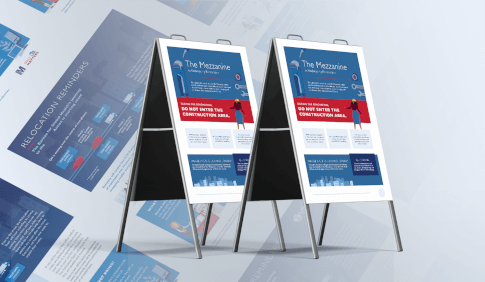
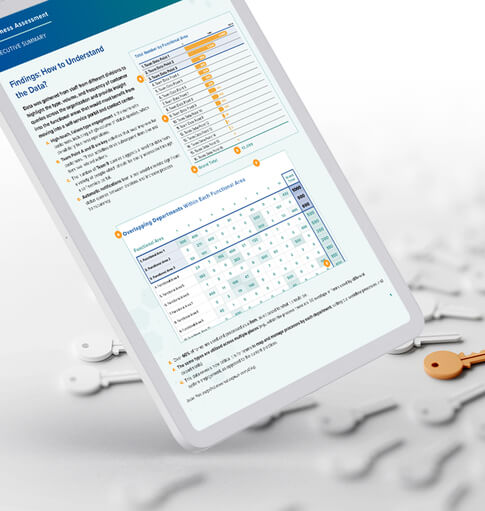
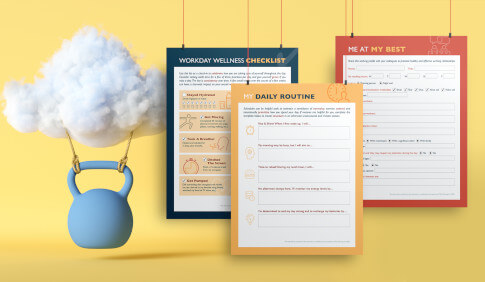
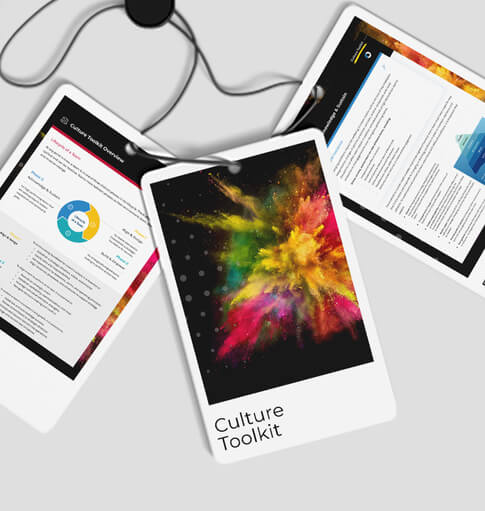

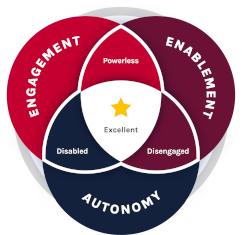 The Clearing’s Employee Experience
Improvement model, adapted from Itam
& Ghosh, 2020, focuses on three objectives:
The Clearing’s Employee Experience
Improvement model, adapted from Itam
& Ghosh, 2020, focuses on three objectives: 